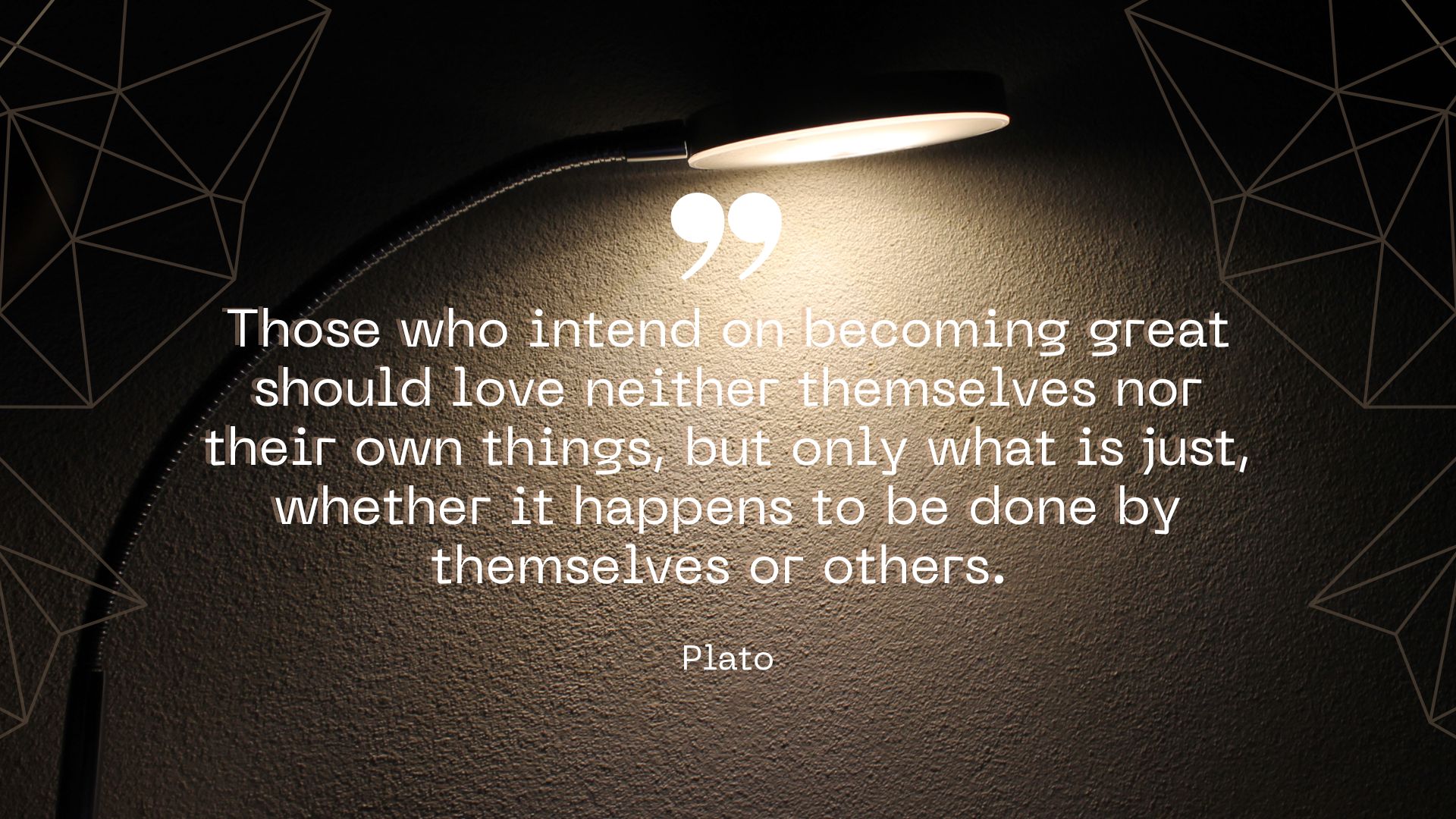Moral excellence is concerned with pleasure and pain; because of pleasure we do bad things and for fear of pain we avoid noble ones. For this reason, we ought to be trained from youth, as Plato says: to find pleasure and pain where we ought; this is the purpose of education.
Socrates__
The quote “Moral excellence is concerned with pleasure and pain; because of pleasure we do bad things and for fear of pain we avoid noble ones. For this reason, we ought to be trained from youth, as Plato says: to find pleasure and pain where we ought; this is the purpose of education,” touches on an important aspect of human nature – our tendency to seek pleasure and avoid pain. This article will examine this quote in more detail, exploring its meaning and implications.
Moral excellence and pleasure and pain
The quote suggests that moral excellence, or the state of being morally virtuous, is closely connected to our experience of pleasure and pain. In other words, our desire for pleasure and aversion to pain can influence our moral decision-making. For example, we might be tempted to cheat on a test in order to gain the pleasure of a good grade, even though we know that this is morally wrong. Conversely, we might avoid standing up for a friend who is being bullied because we fear the pain of being ostracized or ridiculed.
The role of education
The quote goes on to suggest that the purpose of education is to train us to find pleasure and pain where we ought. This means that we need to learn to experience pleasure and pain in a way that aligns with our moral values. For example, we need to learn to find pleasure in doing good deeds and helping others, rather than in selfish or harmful behavior. Similarly, we need to learn to experience pain when we act in ways that are contrary to our moral values, rather than when we stand up for what is right.
Training from youth
The quote also emphasizes the importance of starting this training from a young age. This is because our early experiences can have a profound impact on our later behavior. If we are taught to find pleasure in doing good and to experience pain when we act immorally, we are more likely to develop a strong moral compass that guides our behavior throughout our lives.
Implications for society
The quote has important implications for society as a whole. If we accept that moral excellence is closely connected to our experience of pleasure and pain, then it follows that we need to create a society that values and rewards virtuous behavior. This means creating a culture that celebrates kindness, generosity, and other moral virtues, and that discourages selfishness, greed, and other harmful behaviors.
In conclusion, the quote “Moral excellence is concerned with pleasure and pain; because of pleasure we do bad things and for fear of pain we avoid noble ones. For this reason, we ought to be trained from youth, as Plato says: to find pleasure and pain where we ought; this is the purpose of education” highlights the complex relationship between morality and our experience of pleasure and pain. It emphasizes the importance of training young people to find pleasure and pain in ways that align with their moral values, and it has important implications for society as a whole. Ultimately, it reminds us of the importance of cultivating moral excellence in ourselves and in others.




